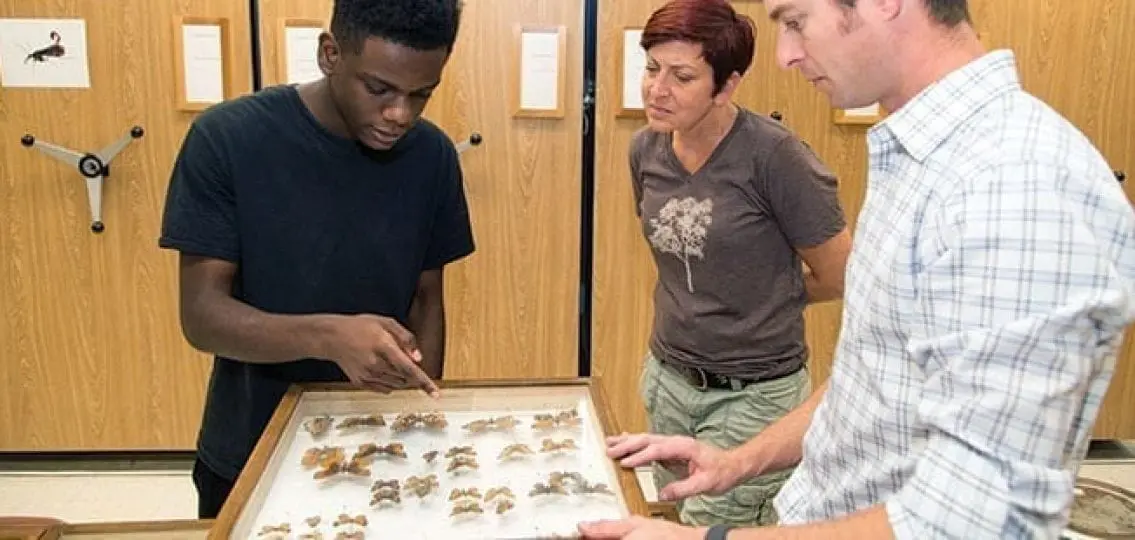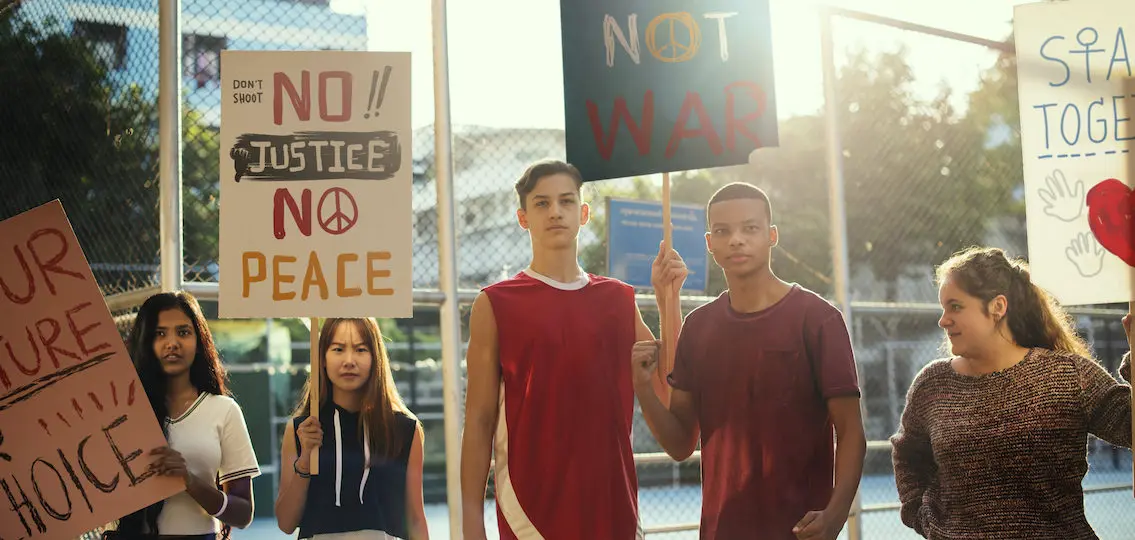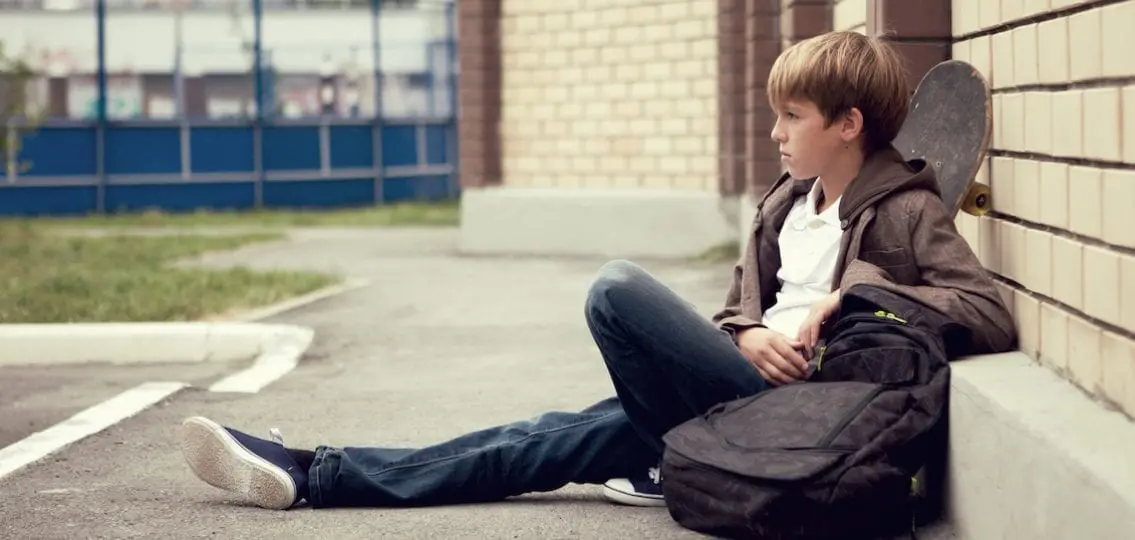My 14-year-old son, once a self-proclaimed nerd who spent hours in his room coding on his computer, has discovered skateboarding. He spends afternoons trying to perfect tricks in our driveway or at the local skate park and destroys more pairs of sneakers than I care to think about.
I’m glad he has ventured out of his room and is sloughing off the shyness and anxiety he fought for much of his childhood, but this change isn’t just about the new retro hobby. It comes because my son’s view of the world has changed.

So Many Questions
He has so many questions as he gets ready to head out of middle school and into high school. He doesn’t understand anymore why grades are so important. He struggles with questions about the usefulness of geometry and wonders when he will ever need to know the Pythagorean theorem.
Why does he have to go to school anyway? What about college? What’s the point?
I watch as he struggles with the big stuff. I understand as he grapples for the first time with the rest of his life, and what that means, and what he is going to do with it.
The idea of becoming an adult and working a full-time job is suddenly very real, even if it’s still a ways off.
What he sees is his childhood has passed, and 14 years are already behind him. As a middle-aged woman, I know how little time that really is, but he doesn’t. My son, always a thinker, panics about being stuck in a cubicle for 40+ hours a week. He fears not finding happiness. And he questions whether he’ll ever find that one important thing—his life’s purpose.
While he might seem young for this sort of existential dread, I remember wondering the same things at his age. This time in his life is another transition on his path to adulthood, to true independence—and it’s filled with fear and wonder. As his mother, I know I play a major role in how he’ll come out of it and, more importantly, how he’ll work his way through it.
“Mom, what if I never find my thing?” He asks one night.
It is late, well past the time when he should be in bed. I want to tell him to go to sleep, that we’ll talk about it in the morning. I can tell this question is important to him though, and it has to be addressed now. So I sit down on the couch and try not to think about the clock ticking behind us.
I do my best to explain that it may take him years to find his thing, and his thing may and probably will turn out to be many things. A person doesn’t have to have just one; most people don’t. I encourage him to explore his interests and have fun.
“You’re young,” I say. “You have so much time.”
I’m bothered by telling him this though because I remember hearing the same thing at his age. It seems too simplistic and dismissive. It’s a cliché like the millions of others hurled at teenagers.
Finding Our Purpose
The next day, after having some time to think, I try again. This time I avoid the clichés. “I just found my thing and I’m 44,” I remind him, as I fix dinner. He’s witnessed my struggle to figure out who I am in middle age. He’s watched me redefine myself as life has shifted and the kids have gotten older, as I change jobs and career paths.
In the middle of our kitchen, on a rainy evening, I tell him that life doesn’t always turn out the way that we imagine it will. We talk about dreams. He wonders what happened to the one I had of moving to California and working in film. He asks about regret and the parts of our lives that don’t work out.
It’s a big discussion. It’s long and painful and eye-opening for both of us.
I know we’ll have many more just like it over the next few years, especially during transitions when life gets difficult because it changes in ways he can’t always process or understand without guidance.
We talk about happiness and what that means as an adult, as we journey through our lives. My goal is to work through these discussions with as much honesty and empathy as possible.
Just as he is changing, and will continue to change, as he hits the many milestones that make up a life, I want him to know that he can have more than one dream and that sometimes dreams shift and change just as people do.

Then, he heads out to the driveway to skate. I hear the board hitting up against the makeshift block of wood he uses to practice tricks, and I forget about the ruined sneakers. For a moment, he is being exactly who he should be—a kid. There will be time for everything else later.




